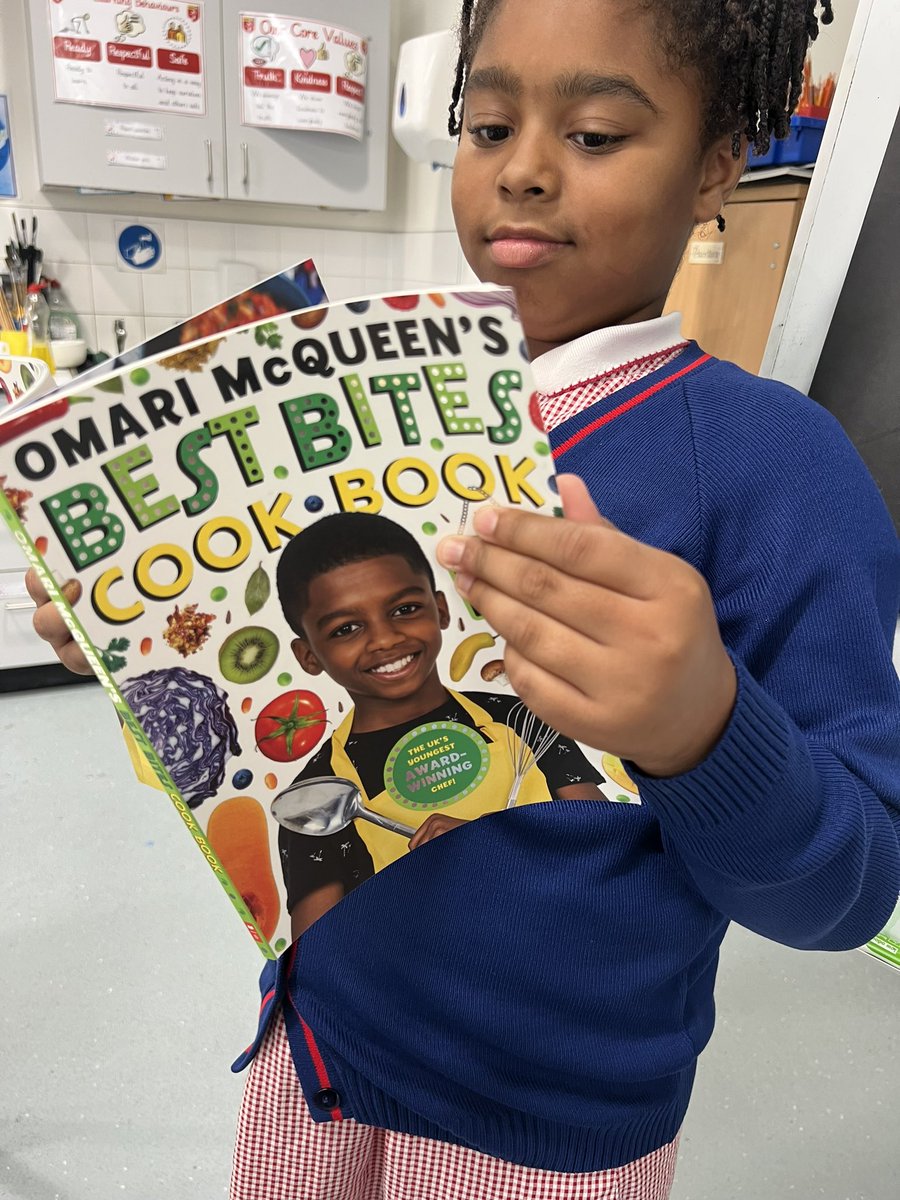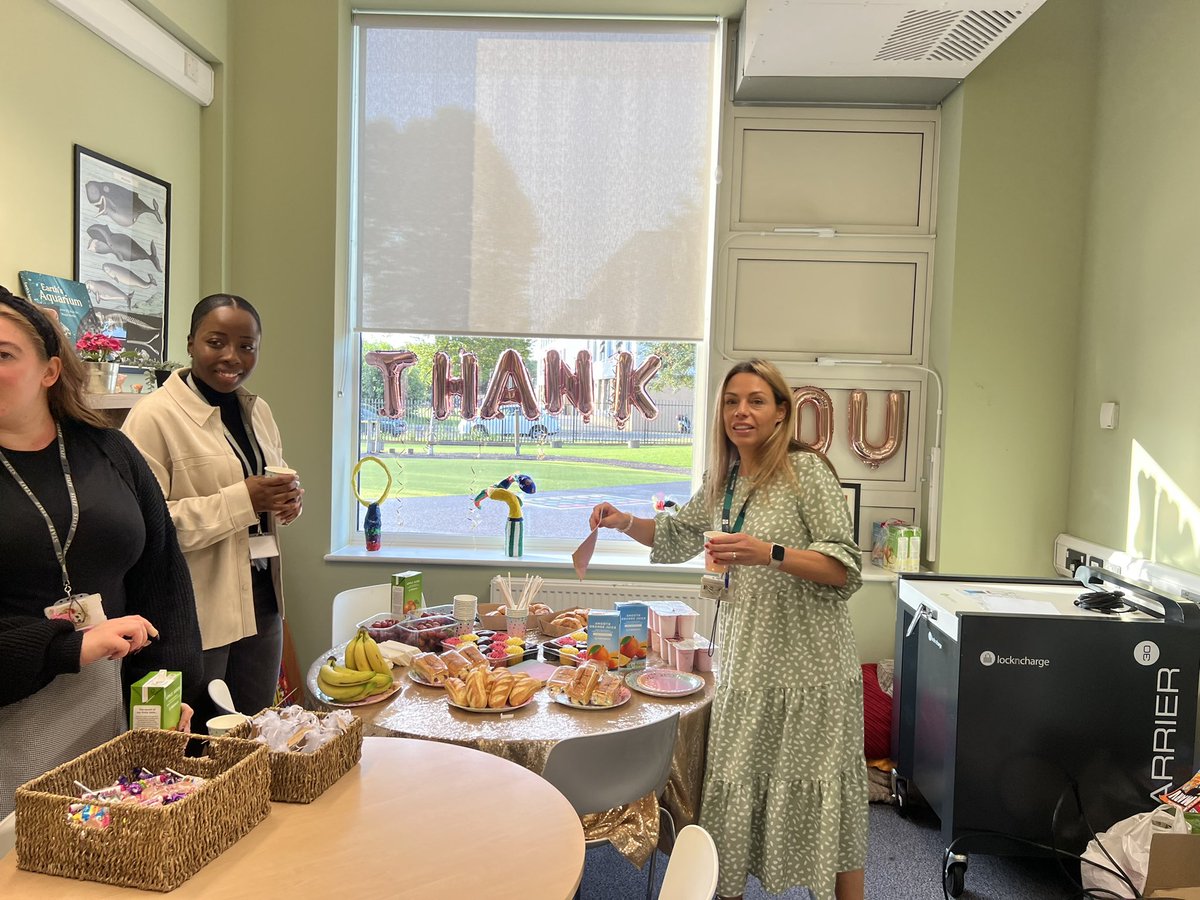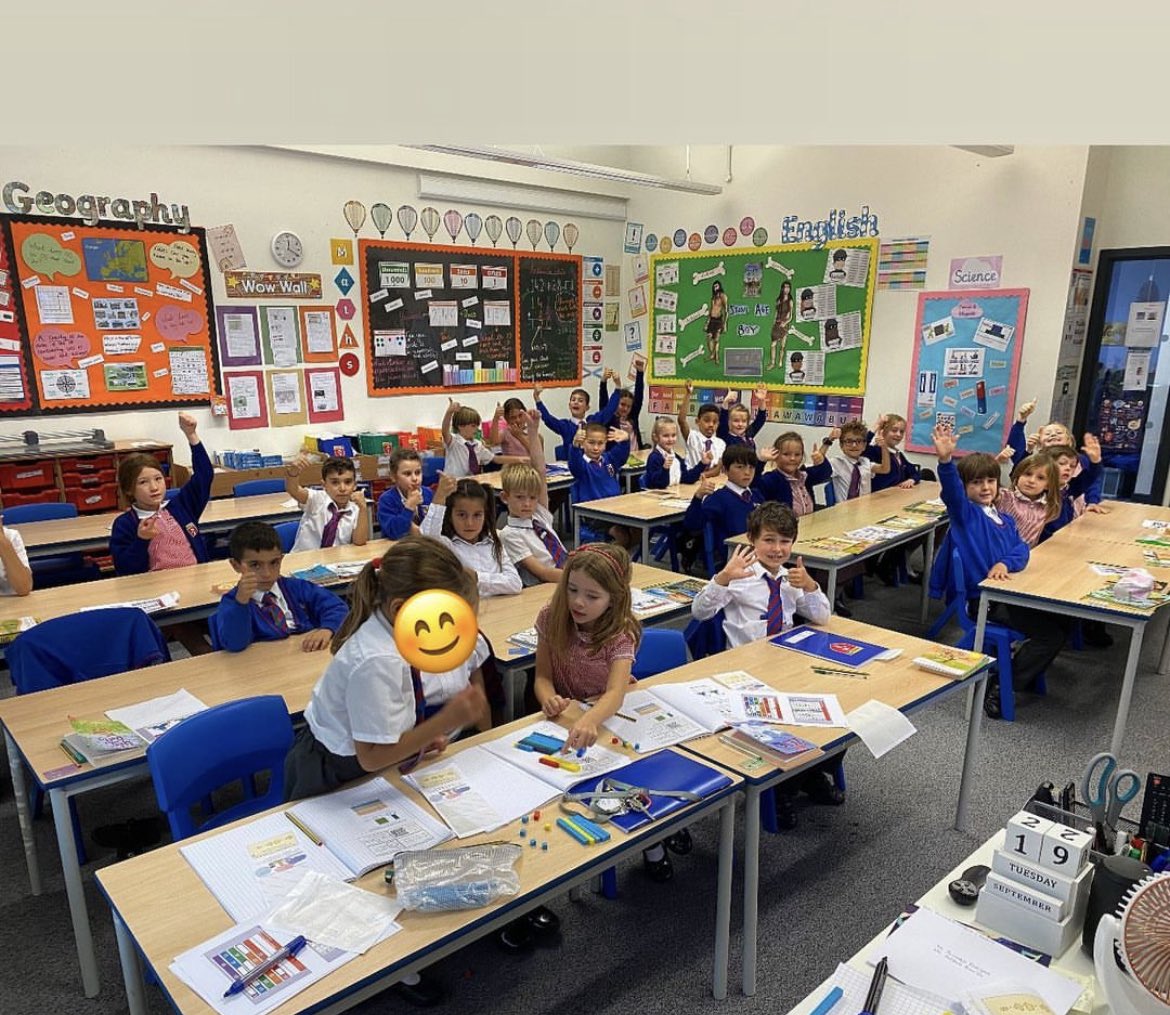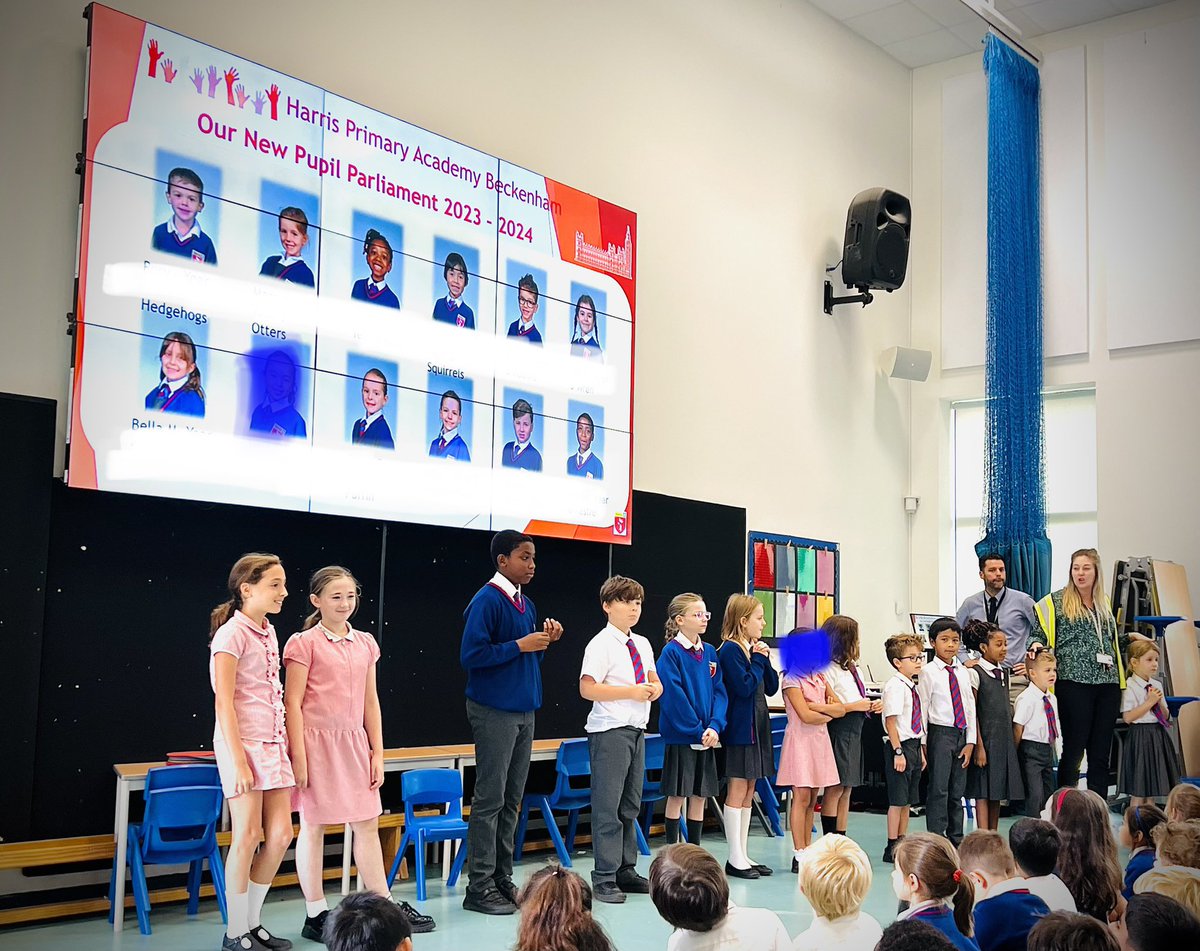Year 1
Welcome to Year 1.
We hope you find the information below useful. This information will help you support your child at home with the organisation of their week and their learning at home.
The class teacher in Hedgehogs Class is Mrs Baxter and
Miss O'Grady is teaching in Otters Class.
Key Times
|
Homework |
To use the supplied Read Write Inc QR codes to practise and revise phonics sounds To read with an adult at home daily To learn 5 spellings sent home for ‘Super Sentences’. To engage in orally rehearsing number facts linked to HPABe Times Tables Travellers |
|
PE |
Mondays Please ensure that your child has their full, named PE kit on these days. Please ensure you REMOVE all earrings before PE days |
|
Trips |
Every term we have 2 Wow days. These are an opportunity to further enrich the children's learning by taking part in workshops or going off site to visit places linked to their curriculum topics. |
|
Key Times |
For Year 1, the school day will begin at 8.40 am, and end at 3.30 pm. Please be punctual. |
What are we learning?
Please see the curriculum map / looking forward letter at the bottom of the page for further details.
How can I help at home?
One of the key ways every parent can help is to ensure that the children are at school every day and on time. Other than this, the primary way you can help is by ensuring that your child reads every day for at least 30 minutes – this can be with you or on their own, but it is the most effective way of ensuring that your child progresses and learns outside of school.
Children have logins for Purple Mash and Timetables Rockstar– please encourage them to use this frequently, as it will help them quickly recall mathematical facts.
If you have any questions, please talk to Miss Nicols or Miss Clinton, or you can arrange a phone call by emailing the office.
Attendance
Good attendance and punctuality allow your child to fully access the curriculum and build on prior knowledge. Please ensure that your child arrives on time every day.
Year 1 Curriculum
Our children are taught in line with the expectations that are set out in the National Curriculum. Subjects are taught with a clear progression and links are made with prior learning.
The Curriculum has been designed to ensure rigorous learning of knowledge but also to help teachers make all learning exciting, active and meaningful for children.Our curriculum engages children with their learning and gets them interested in the world around them. Our Curriculum takes a global approach by helping children to connect their learning to where they are living now as well as looking at the learning from the perspective of other people in other countries. The curriculum also emphasises the history and culture of Britain and promotes fundamental British values.
PE is taught by a specialist sports coach and Science is taught by a specialist Science teachers.
Mathematics
We use an innovative, focused programme of work, which teaches children mathematical concepts practically first, before moving on to pictorial representations and finally the abstract recording. This is based on the Singapore Maths approach to teaching and aligns well with the focus in the National Curriculum on ‘mastery’.
The key features of Singapore Maths are:
- Emphasis on problem solving and comprehension, allowing pupils to relate what they learn and to connect knowledge.
- Careful scaffolding of core concepts through:
- visualisation, as a platform for comprehension;
- mental strategies, to develop decision making abilities;
- pattern recognition, to support the ability to make connections and generalise.
- Emphasis on the foundations for learning and not on the content itself so pupils learn to think mathematically as opposed to merely reciting formulas or procedures.
English
Lessons and activities for all areas of English are planned carefully to help children continually develop and improve their skills in speaking and listening, reading, and writing. We use the Year 1 Programmes of Study based on the National Curriculum to ensure all children gain the knowledge and skills they need.
Reading
In Year One, we believe that reading is the gateway to learning but should always be pleasurable and fun. We aim to give children a concrete set of skills to decode and understand text but also enable them to develop a lifelong love of books. As children progress through year one they continue to read regularly with adults in guided reading sessions and other classroom activities. Our well stocked fiction and non-fiction class library areas aim to offer children a wide range of personal choice alongside the books selected by adults for learning activities.
It is essential that you read with your child at home every day. This will help them to progress not only in their reading ability but in all areas of their learning. Your child will be given a levelled reading book by the teacher and a free choice book each week. We will check the children’s reading records every Friday but they should make sure that they bring their reading books and records to school every day. For an even wider variety of books to choose from, you could visit the fantastic library in Beckenham.
Handwriting
Year one are taught to use a pre-cursive script. We believe that this promotes flow and speed, and supports spelling as the children develop as writers. All teachers in Year One model the pre-cursive script when working with children or marking books.
Writing
In Year One, writing is taught through two separate but intrinsically linked lessons. Firstly all children, participate in regular ‘writing skills’ sessions where the focus is on learning and developing the ‘tools’ or ‘skills’ of writing such as grammar, punctuation, spelling, drafting and improving in an age appropriate manner. Compositional and creative writing is taught in the main through our thematic topic work which allows the teachers to select writing tasks that match well with other learning in the topic, we believe that this helps them to feel that their writing is meaningful and has a purpose.
Phonics
Children in Year One follow our Read Write Inc programme and take part in a daily phonics session. The focus is on children learning different combinations of letters that can make the same sound (e.g. /ay/ /ai/ /a_e/ in play, rain, game) or how the same spelling can be for different sounds (e.g. /oo/ in book and moon). This enables them to read more complicated vocabulary and also to spell words accurately.
Phonics Screening Check
The Phonics Screening Check takes place at the end of the year (usually in June). This is a short assessment to check how well the children are able to read words using their phonic knowledge. This involves children coming out with their teacher to read 20 real words and 20 alien words which contain the Phase 3 and Phase 5 sounds that the children learn in school.























